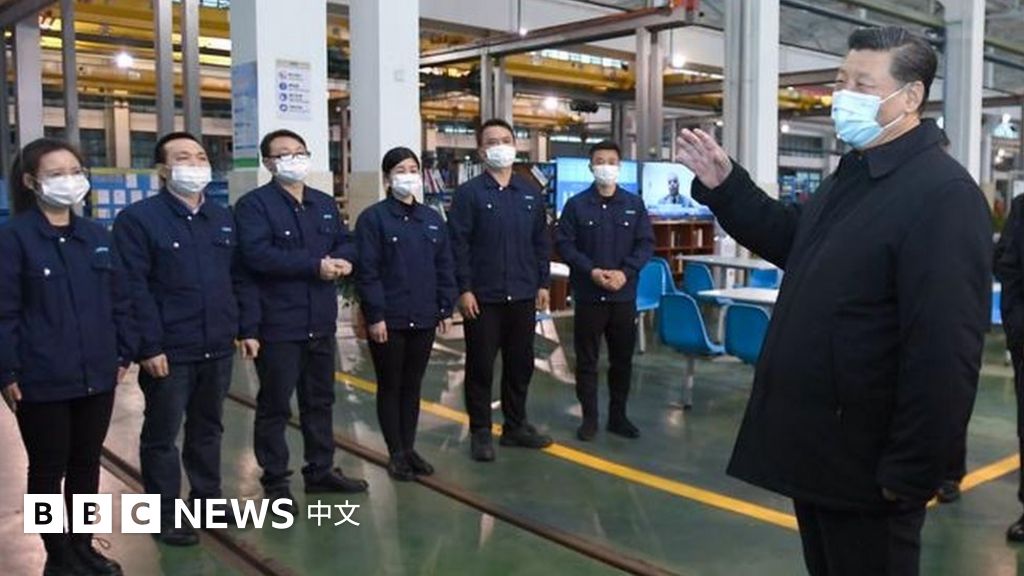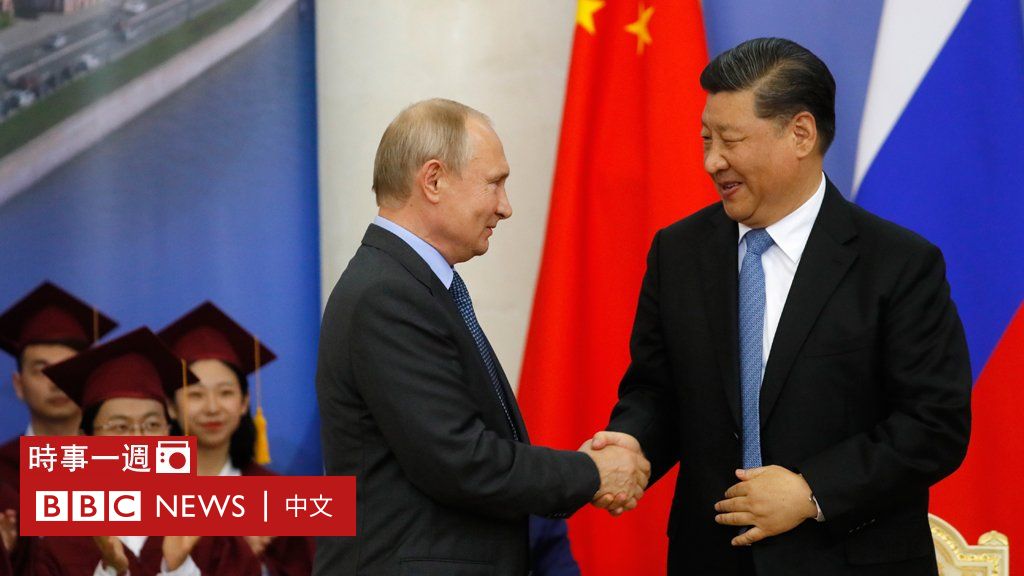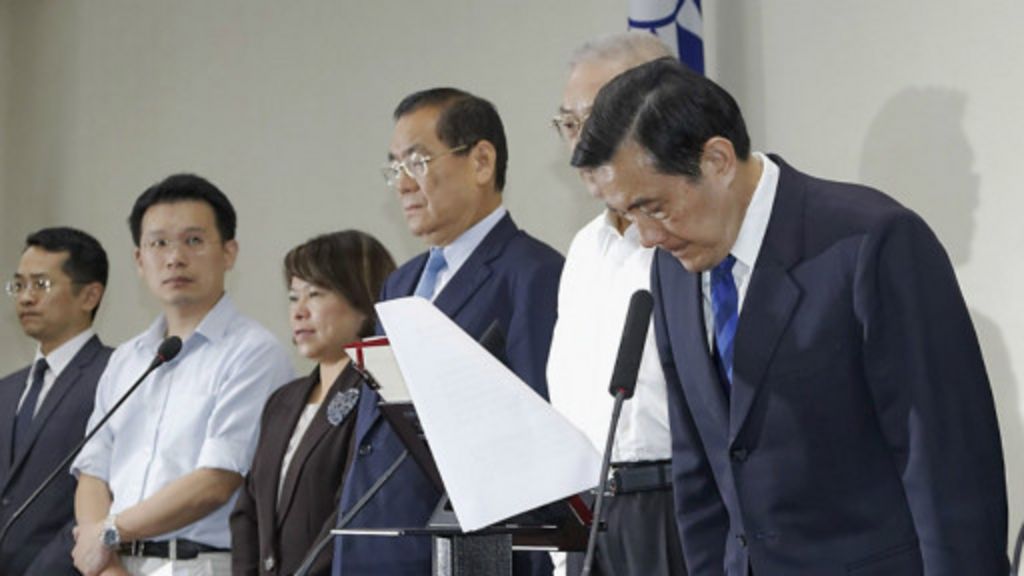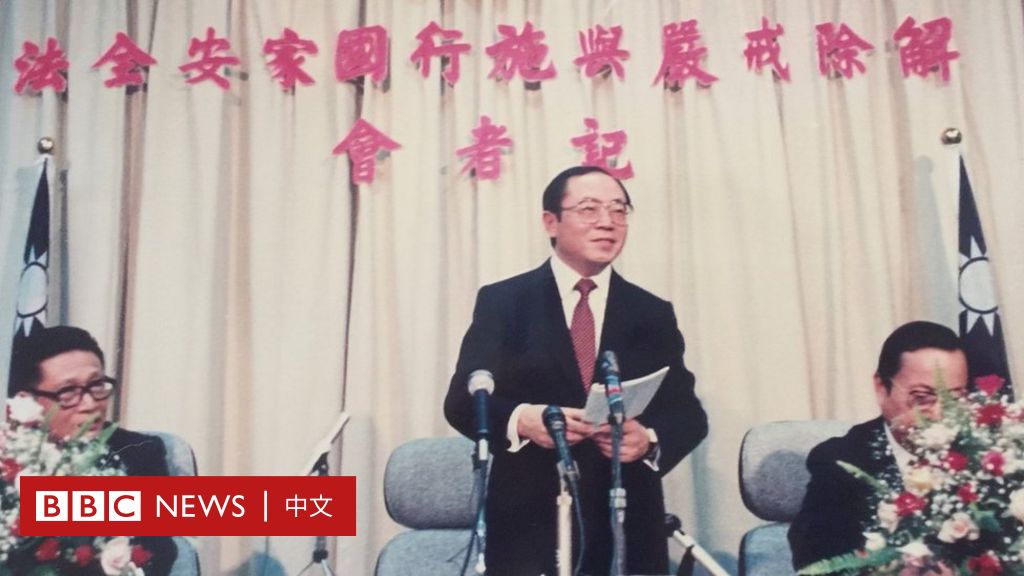

When I finally got the opportunity to confront him, I hoped speaking in his own language would be enough to invoke some remorse – at least, honesty.

With the help of an undercover reporter, we got closer to this man, finding out more about him, and eventually gathering evidence suggesting that he was responsible for this video. He was known locally as ‘Susu’, and had become one of the most prolific filmmakers in this industry. The bulk of the content filmed in this village had been uploaded to Chinese social media platforms by a man in his 20’s called Lu Ke. Analysing hundreds of clips to find out more, our team were then able to geolocate the exact location these children had been filmed – a village on the outskirts of Lilongwe, Malawi.

With BBC Africa Eye, I investigated the origins of this video, who made it, and where. It is this cultural and language gap that has allowed this content and others similar to it to flourish, unobstructed since 2015, despite the protests of Africans in China and concerned Chinese netizens. Not that anyone who can’t speak the language would know. “Hahahah this is too funny,” another laughed. “This is too far! Stop buying these videos,” one Chinese commenter raged. If you are reading this, I implore you to open a new tab, and google the word ‘Heigui黑鬼 – it can be translated as Black monster or Black devil, but in practice, it is no different in intended use to the N-word. A voice, off-camera, then instructs them to repeat this phrase in Chinese: “I’m a black devil,” the kids chant, still smiling happily, “and my IQ is low!” They are then made to cheer a celebratory ‘yeahhhh!’ and flail their arms before the video comes to an end. It places a distance between customer and costumed-performer that allows the former to avoid questions about the morality and regulation of this trade.īut in February 2020, one particular video exposed the even uglier underbelly of this industry.Ī group of 15 or so African children are dressed in red uniforms, standing around a blackboard bearing a Chinese phrase. Where humans, from elsewhere in the world can gawk at the foreignness and often visible poverty of the Africans featured – all through the comfort of their iPhones and favourite social media and messaging apps. To me, it is a human zoo of sorts, reimagined for this new, digital, socially-distanced age. “This video is for friends who are about to get married, I hope the children can be energetic/pumped up! They shouldn’t shout the last line,” one such order reads. They are then sold for anything from $10 to $70 per 30-second video.Īs a customer, you simply submit your order and requirements to the video maker or one of his numerous agents in China: Men, women, and most disturbingly, children.įor half a dollar a day, children are made to film such videos. It is big business and designed to connect ordinary people to the public figures they admire.īut the stars of this particular online show are not celebrities. Or maybe it is a greying politician congratulating you on exam success. Perhaps it is your favourite actor from the noughties, commissioned to wish you a happy birthday. The concept behind this industry is not such a foreign one – you pay to receive a video of someone from a land, world, or reality far away from your own reading out a personalised greeting – made just for you.
#BBC NEWS ZHONGWEN PLUS#
It is this exact boundless freedom, plus a deeply ingrained racist ideology that has made an online Chinese industry I’ve spent the last year investigating possible. If the price (or pay-off) is high enough, or the sense of humour crude enough the possibilities are endless.

There is something inherently sinister in swanning into a village somewhere in Africa, tossing a few coins at people less privileged than you and being able to instruct them to do whatever you want.


 0 kommentar(er)
0 kommentar(er)
